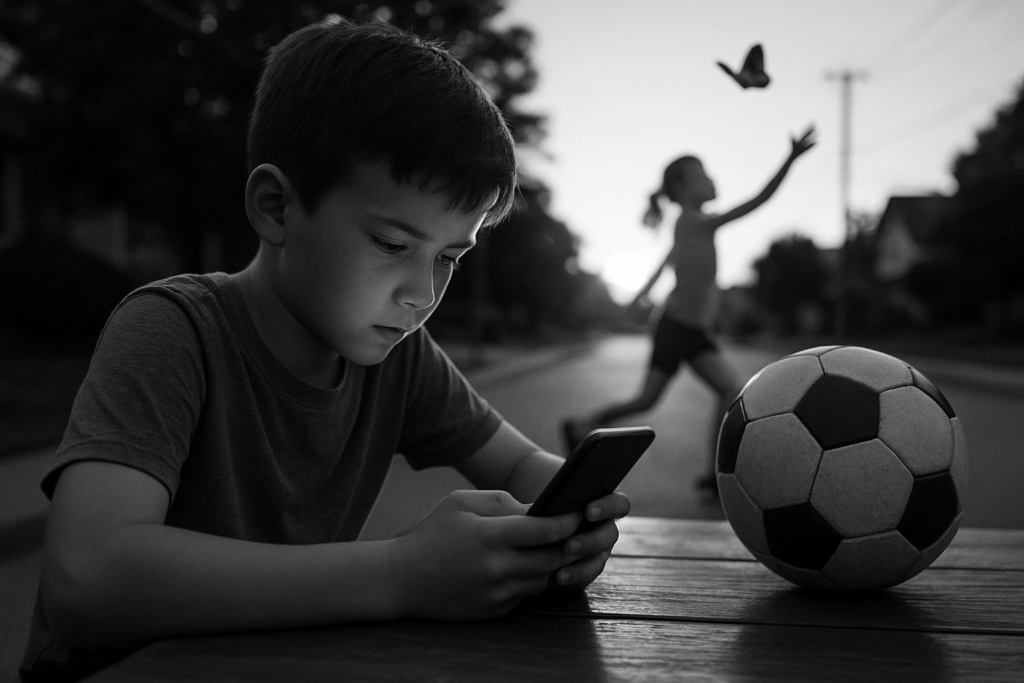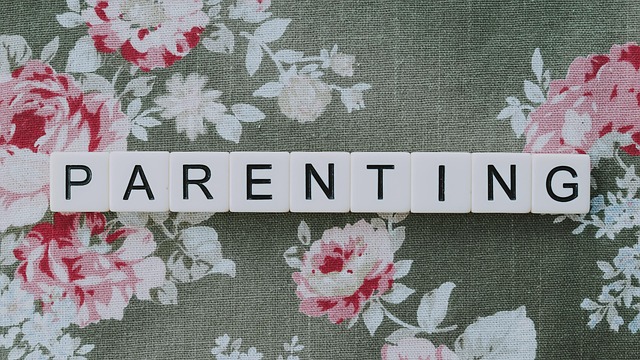2815226339 in the Digital Wild
Put a number like 2815226339 into a search engine, and you’ll get varied results—everything from unrelated digits to possible links with people, businesses, or placeholder data. In the age of big data, even “unimportant” numbers can get pulled into larger datasets.
Sometimes, they’re used in test environments—sandbox environments where developers mimic realworld usage without compromising real privacy. Other times, numbers like these are placeholders in CRM systems, spatial reference codes, or just an overlooked fragment from someone’s temporary database.
What Makes Numbers Stick?
We process hundreds of numbers every day—PINs, prices, addresses. But what makes some numbers stick in our heads while others vanish? It’s repetition, relevance, and rhythm. 2815226339 has a certain balance to it. It could be a phone number, a code, or a personal identifier. The human brain is naturally wired to find patterns—even in randomness.
The psychology behind memory tells us that numbers grouped in familiar patterns (like phone numbers split into sections) are easier to retain. That’s one reason why we often break long numbers into chunks—even if they’re not formatted that way.
The Anatomy of Curiosity
What causes us to pause at a number? It comes down to context. If someone texts you “2815226339” with no explanation, your curiosity turns on. Who is this? Should I call? Is it spam—or something (or someone) more valuable?
When numbers show up without context, your brain circulates possibilities. Is it from a missed connection? An old friend? Or is it only meaningful because your mind’s trying to find a link where none exists?
Numbers and Identity
In many cases, numbers like this are tied to identity. Think about any major database—whether it’s a university ID, account number, or tracking code. Somewhere, a number like 2815226339 could represent a person, a shipment, or a case file. The digital world trades names for digits because numbers scale better.
But this has side effects. Numbers dehumanize if we’re not careful. They don’t remember birthdays or favorite songs. They don’t carry memories—until we attach them.
Still, numbers stick for a reason. They reduce ambiguity. They’re efficient. And they’re good at what they do—tag, track, categorize.
Can a Number Start a Story?
Absolutely. Something as simple as a string of digits can be the hook to a much bigger narrative. Writers use this all the time—think locker combinations, coordinates, hidden messages.
A number like 2815226339 might lead a character to a lost item, a secret room, or an old friend. In fiction, numbers are just breadcrumbs. In the real world, they’re access levels, passcodes, or digital signatures.
If you ever found a slip of paper with “2815226339” on it, what would you do next? That sense of mystery is why numbers are more than math—they’re triggers for action.
Final Thoughts
Whether it’s pure data, an identity marker, or just a weird number on your screen, 2815226339 is a symbol of something more. You don’t have to know the origin or the context to find it interesting. Numbers are everywhere, but they rarely come without a story—implied or real. If you’re paying attention, a number might just be the start of yours.



